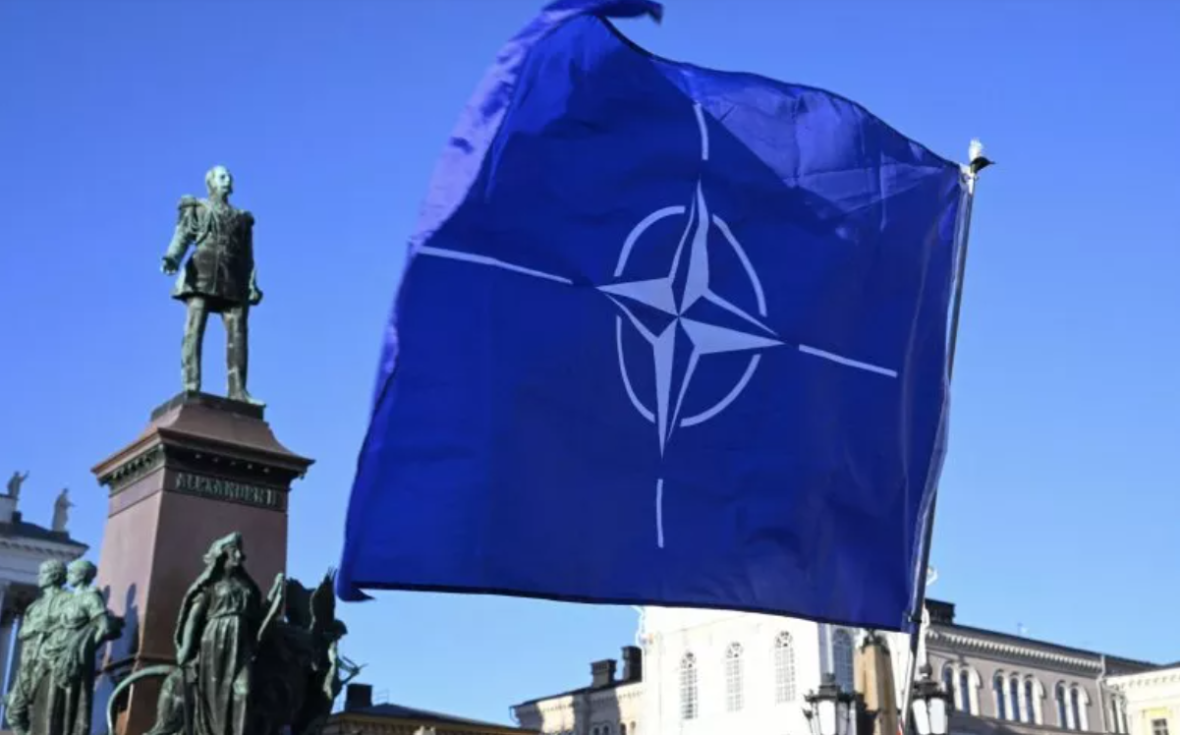A recent Newsweek article sheds light on Russia’s disruption of satellite systems in the Baltic region. Notably, Ed Mortimer, VP of Government Affairs at NextNav, emphasizes the broader impact of GNSS interference beyond borders, affecting critical infrastructure. Mortimer cites increased instances of GNSS disruptions in Eastern Europe due to the war in Ukraine.
“Russia shared that they have been engaging in electronic warfare exercises, which highlights how GNSS interference can have a large geographic impact beyond a nation’s borders,” Mortimer said. “This can impact countries in significant ways—including a nation’s critical infrastructure.
“The Black Sea has become an area of Russian military operations, and Romania has accused Russia of jamming GNSS there—increasing the risk of collisions,” Mortimer added. GNSS interference also forces aircraft to fall back on older navigation techniques, and “in some cases, it can cause aircraft to take longer routes.”

Read the full article on Newsweek’s site here.